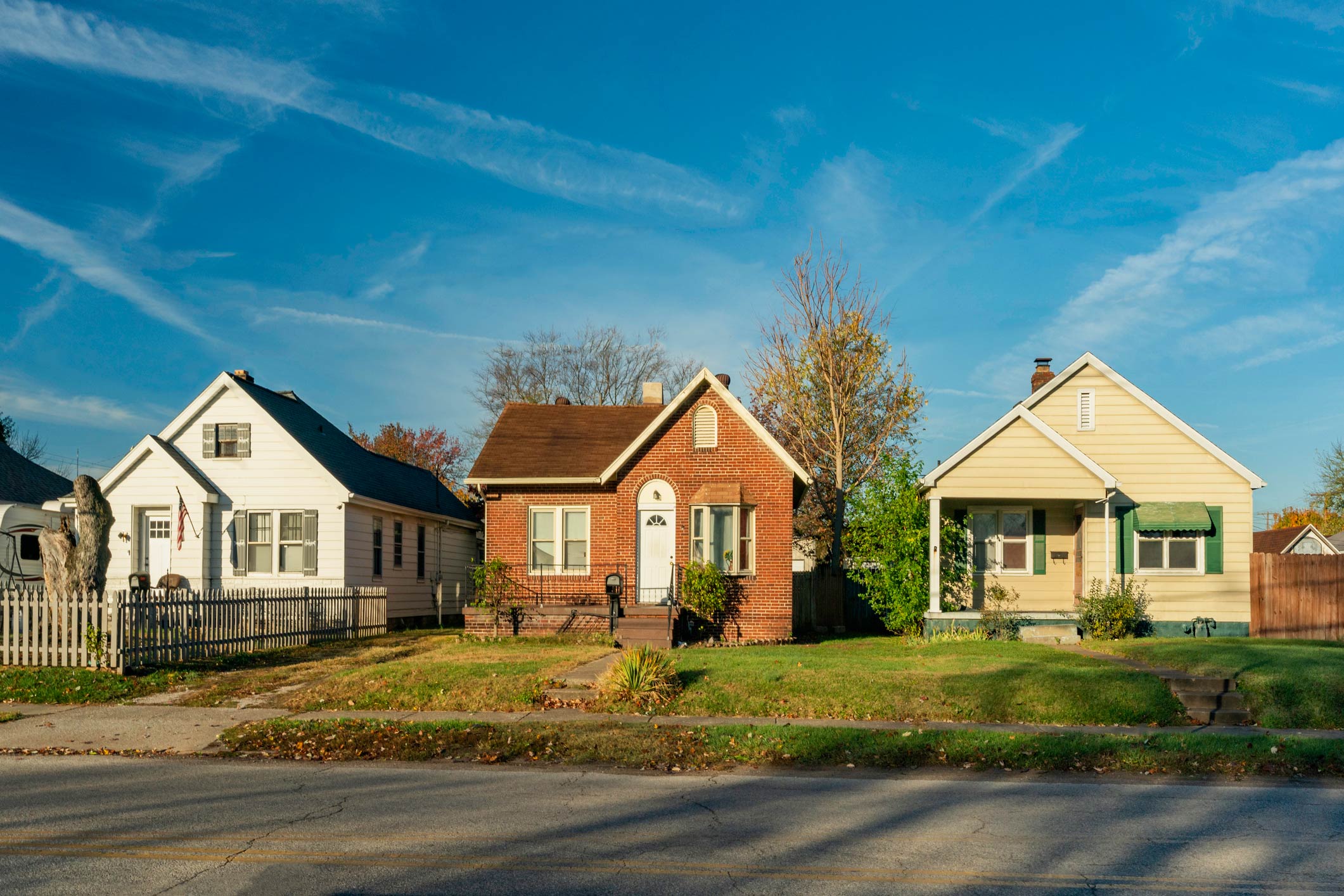The Home Selling Process
If you’re ready to sell your home — or just thinking about it — it’s important to do your homework.
There may be home improvements to make, real estate agents to find, a move to plan, and other steps in between. Read on for what to expect, what to avoid, and a few tips to help make the process easier — it’s especially useful for first-time home sellers.
Step 1—Get Started
Before the “for sale” sign goes up, make sure your home is ready — and so are you.
Determine affordability
Selling your home requires some upfront costs. You’ll need to factor in any necessary home improvement costs, closing costs, and moving expenses. If you have equity in your home, you could end up walking away with some money. On the other hand, if your home is worth less than the amount you owe on it, you’re unlikely to have leftover money. You can estimate your home equity by subtracting the amount you still owe on your mortgage from the current market value of your home.
Review market conditions
Research your local housing market, including the current inventory of homes for sale, recent sales, and housing prices. Are homes moving quickly, or are they staying on the market for a long time? Are you prepared for a quick sale, or do you need time to find a new home? Start by gathering information about the market from national real estate websites as well as local agents.
Decide how to list
There are several ways to market and list your home for sale. You can work with a real estate agent, sell it yourself (i.e., “for sale by owner”), or use an online marketplace. While there are pros and cons to each, a professional real estate agent can help you determine the best asking price for your house. They’ll also market the home and guide you through the selling process.
Prepare your home
Ensuring your home is in the best possible condition is a benefit to both you and potential buyers. Give your home a thorough inspection — inside and out — and take care of any needed repairs, cosmetic updates, and general maintenance ahead of time.
Selling tip: Keep it simple
When viewing a home, potential buyers may be put off by unusual landscaping, brightly colored walls, or too many personal touches like family photos or memorabilia. You want to make the home as attractive as possible to as many buyers as possible. Keep things neutral, simple, and free of clutter. You can also arrange, or “stage,” furniture to better showcase the home.





